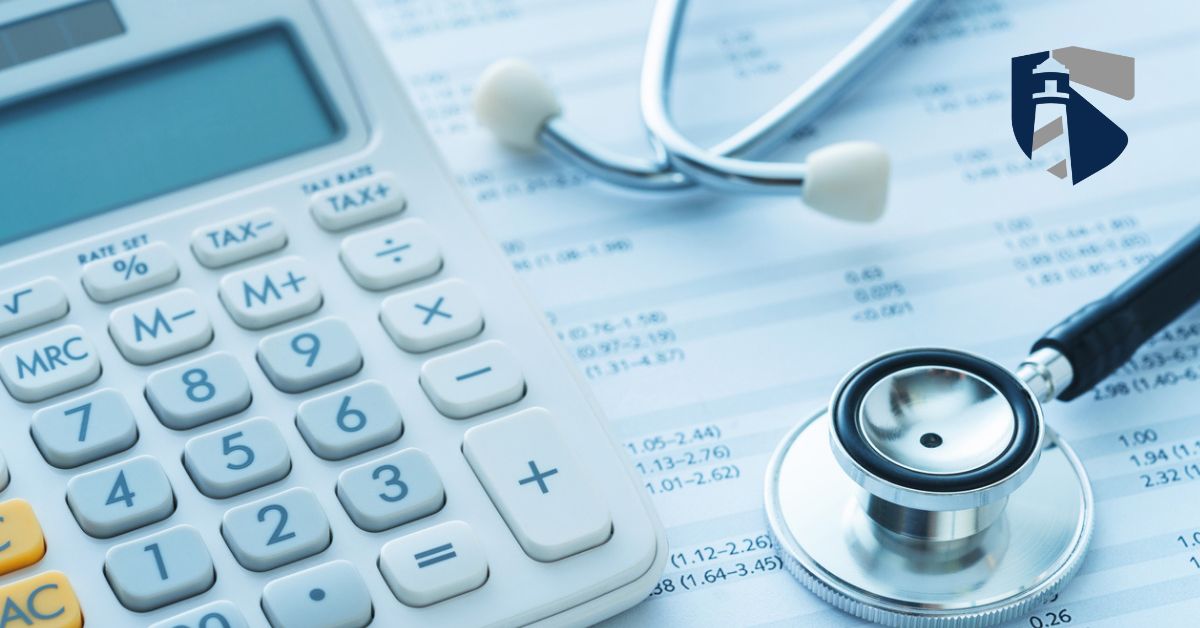A majority of bankruptcy claims can be traced back to medical debt. Whether it was from medical bills piling up after an accident, surgery, or something else, many individuals filing for bankruptcy can trace back some of their debt to medical issues. For individuals interested in filing for Chapter 13 bankruptcy, it’s critical to understand what happens to medical bills during and after this filing.
If you are considering filing for bankruptcy, you need a dedicated attorney to work with you to promptly get the best possible results. Contact the experienced Missouri bankruptcy attorneys at Licata Bankruptcy Firm to get started.
What Type of Debt is Medical Debt?
Medical debt is considered unsecured debt. This type of debt in a Chapter 13 bankruptcy is defined as any debt that is not backed by collateral. Other examples of unsecured debt include credit card debt and personal loans.
Secured debts, like mortgages, car loans, purchase-money security interests, and tax liens, take priority over unsecured debts in a Chapter 13 bankruptcy. This means that secured creditors are paid back before unsecured creditors. However, unsecured creditors still have a chance to get paid back through the repayment plan.
Chapter 13 Repayment Plans and Medical Debt
A Chapter 13 bankruptcy repayment plan is a payment plan that the bankruptcy court oversees. The debtor makes payments to the trustee who then distributes the payments to the creditors.
Unsecured creditors are paid back a percentage of the disposable income depending on the priority of the debt. Priority debts typically include back taxes, child support, and alimony.
A repayment plan typically lasts for three to five years and at the end of the plan, any remaining unsecured debt is discharged. This means that the debtor is no longer responsible for paying back the debt, including medical debt.
After Filing for Chapter 13 Bankruptcy
After filing for Chapter 13 bankruptcy, an automatic stay will be put on a person’s debts. This means that creditors cannot try to collect on the debts someone owes. The automatic stay will last for the duration of the bankruptcy case.
Debtors will also be required to attend a meeting of creditors, which is called a 341 hearing. At the meeting, creditors will have a chance to ask questions about the bankruptcy case. The individual will also be required to provide the trustee with certain documents, including their income tax returns and pay stubs.
After the individual and trustee have the repayment plan in place, it is up to the individual to fulfill their obligations within that plan. At the end of the repayment plan, any remaining unsecured debt will be discharged and the individual will no longer be responsible for paying it back. Therefore, some medical debts may not be paid in full if a debtor completes their required repayment plan and part of the medical debt is discharged.
Is Chapter 13 Bankruptcy Right for Me?
Chapter 13 bankruptcy may be right for you if you have a regular income source and want to keep your assets. This decision should not be made lightly, though. Speaking with an experienced bankruptcy attorney is always advised before proceeding with any bankruptcy filing.
If you are considering filing for Chapter 13 bankruptcy, you should speak with an experienced bankruptcy attorney to discuss your options and to determine if Chapter 13 bankruptcy is right for you. The Missouri bankruptcy attorneys at Licata Bankruptcy Firm can help determine which bankruptcy filing is in your best interest and get you started on the process when you’re ready. Consult with our team today by scheduling an appointment online or by phone. (417) 213-5006



